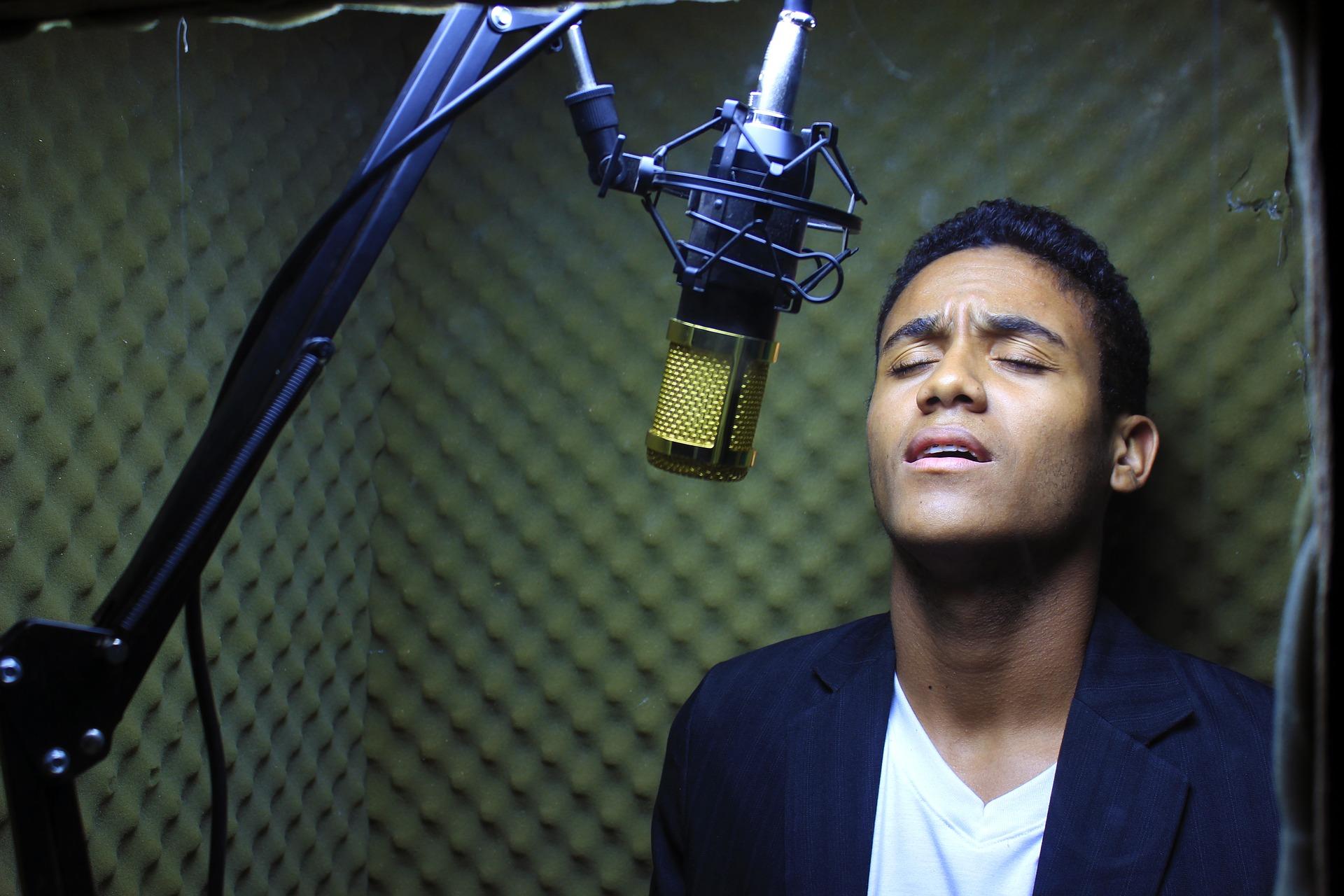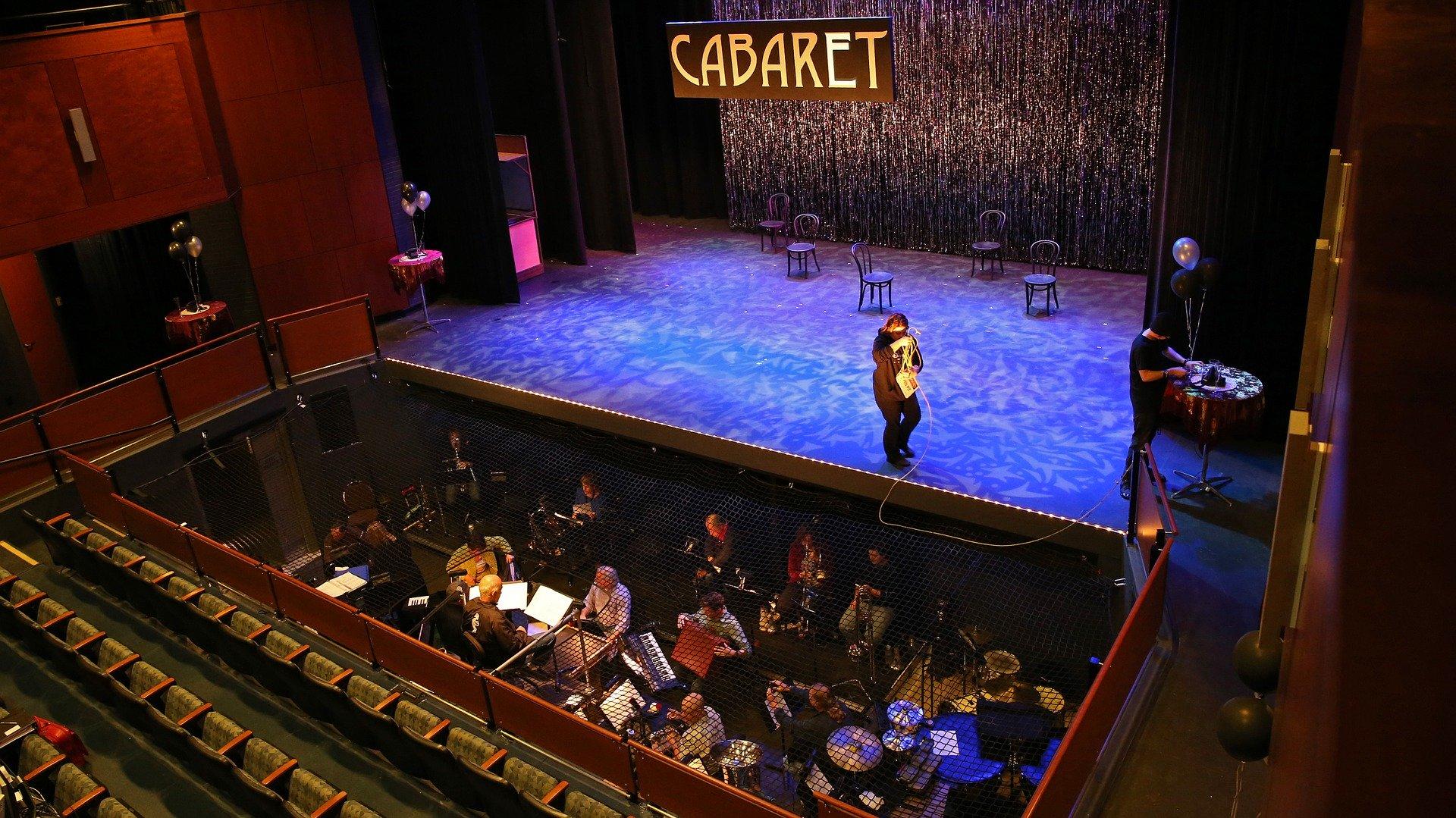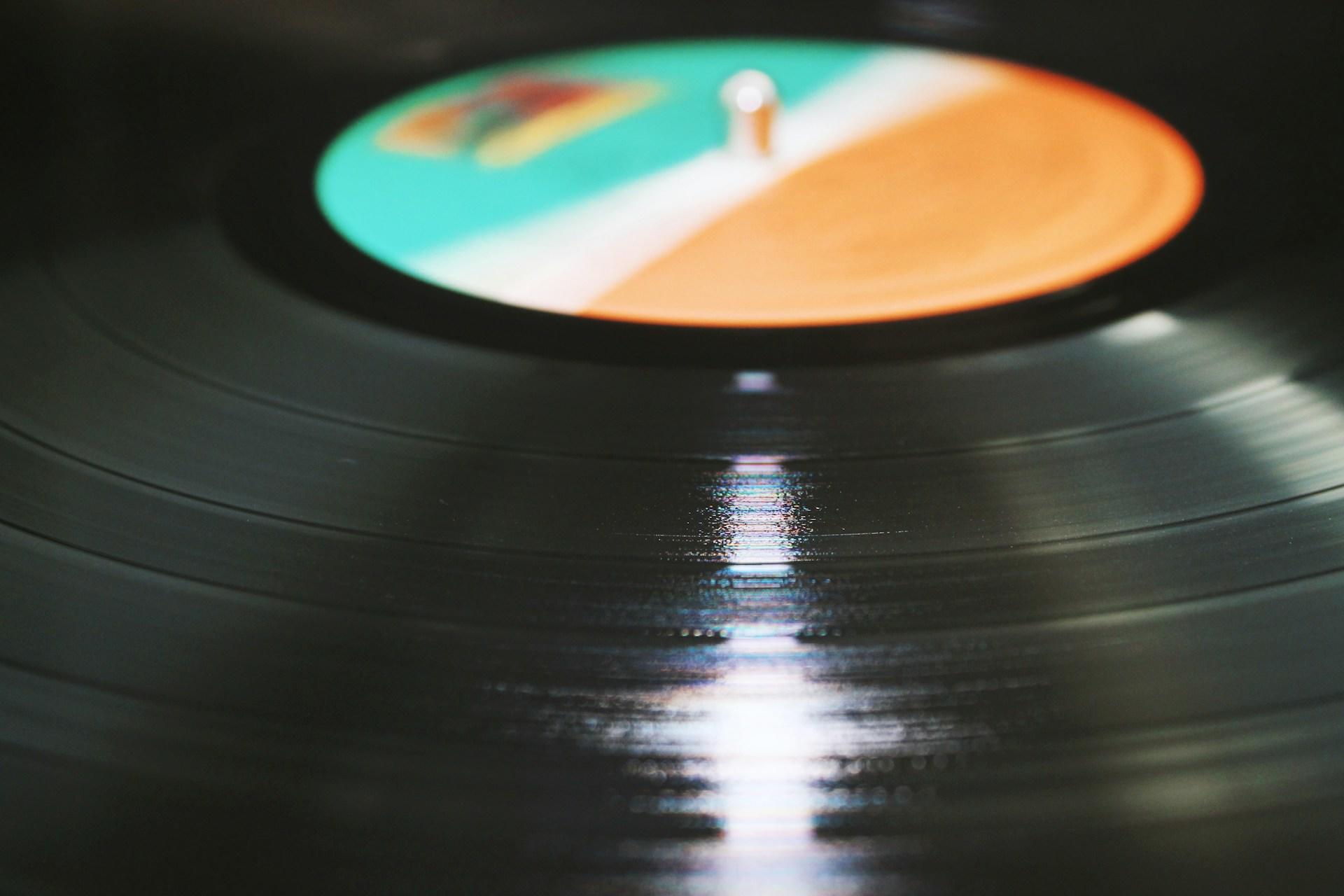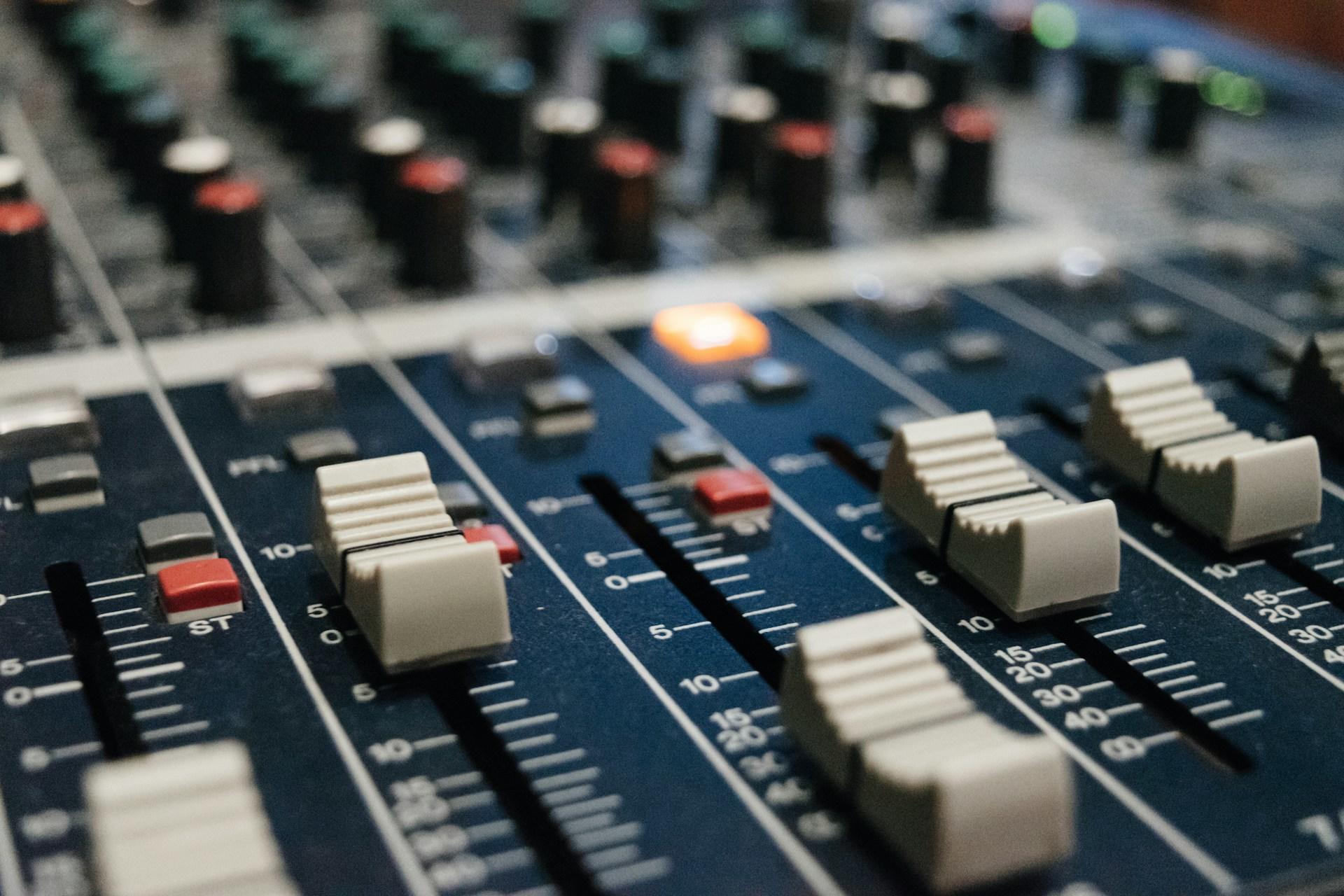It's quite common for people to think that singing is simple because everyone can sing to some extent. However, as you'll see, this isn't the case.
Anybody who's taking singing lessons and music classes and looking to pass an exam will know that the ability to sing and sing well is something that the general public doesn't hold in very high esteem.
This isn't something that's likely to change overnight so you needn't worry too much about it as long as you know how much work goes into learning to sing well.
As somebody learning to sing or training as a singer, what you need to know is how to sing well and the different exams you can choose as part of your training.
Let's see which singing exams are available in New Zealand and learn a bit more about them.

How Many Singing Grades Are There in New Zealand?
The short answer to this question, much like with musical instruments, is eight.

In practice, however, there are four main exam boards offering exams and ways to prove your level in musical instruments and singing so let's see how they came to be.
ABRSM is the first that we'll look at as it's one of the biggest. ABRSM is the Associated Board of the Royal Schools of Music and is a British institution that was founded in 1889 to run the examinations across the various Royal Music Schools in the UK.
Interestingly, the ABRSM examinations started with just two grades and they were equivalent to Grades 6 and 7 by today's standards.
Now, you can take ABRSM exams across 90 different countries, which includes New Zealand.
Another examination board for singing exams with a presence in New Zealand is Trinity College London, which was founded in 1872 with the initial goal of teaching religious music to be performed in churches, which is why it only allowed males who were members of the Church of England. Nowadays, it's open to anyone.
In fact, Trinity College London was one of the first music colleges to help really young children start learning about music and singing, something which is fairly commonplace now.
While ABRSM and Trinity are among two of the biggest awarding bodies because of their international reach, there's also St. Cecilia, which is a newer awarding body that was founded in the early 1970s in Launceston, Tasmania, Australia.
Finally, New Zealand also has its own awarding body: New Zealand Music Examinations Board (NZMEB). NZMEB was set up in 2006 taking the Australian Music Examinations Board (AMEB) as its inspiration.
While there are a lot of different examination boards, there's a lot of similarity between their exams, the grade structures they use, and how they go about things. This is likely because it's really important for any music student to have qualifications that are recognised as far and wide as possible so you won't want them to be too different.
Generally, Grades 1 through 4 are usually quite simple for good students, Grade 5 is where most students will start to be challenged. Grades 6 through 8 are when things really get serious.
For grades one through four, the levels of difficulty might be negligible to diligent students while Grade 5 is pivotal.
Grades 6-8 revert to incremental challenges, leading students to see the overall structure as three realms of competence rather than eight distinct examinations.
Now learn more about singing grades in New Zealand
Can You Skip Singing Grades?
The grades are designed to be sequential and test a student's knowledge while also building upon what they learned in previous grades.
However, eight grades might seem like a lot, especially to very talented singers who would likely prefer to get as high a grade as possible as soon as they can.
That said, musical grades are slightly different to some of the subjects that you'd study in school, for example. While pretty much everything you learn in maths is required for the next concept you'll study, singing grades aren't quite the same.
For most examination boards, Grades 1 through 4 are skippable, but in order to do any of the grades beyond Grade 5, you'll need to have completed Grade 5 and the accompanying music theory.

Skipping a grade shouldn't really be your decision, though. You should ask your music teacher or voice coach their opinion on the matter and only consider skipping a grade if they think that it's right for you.
If you've been making good progress and covering material appropriate to a higher grade (as long as you're still between Grades 1 and 4), then it would make sense to save yourself the time of doing a grade that you're clearly beyond.
Again, if you're thinking about skipping a singing grade, it should always be a decision that's made in conjunction with your teacher or voice coach!
How to Get a Distinction on Your Singing Exam
For most singing grades, your graded exams are awarded as one of three levels: Pass, Merit, or Distinction, with Pass being the lowest of these grades and Distinction being the highest.
If you've set your sights quite high, then you'll be looking to earn a Distinction. You'll know from your music classes and singing lessons which grade you should be looking at and your voice coach, music teacher, or singing tutor will let you know what you should really be looking at.
Keep in mind that a Distinction is the highest award possible which means you need to perform excellently in the key areas of singing: tone, time, pitch, shape, and performance.
What exactly is on the exam will depend on the exam board you're with, the grade you're taking, and the choice of songs. For example, singing 3 pieces from a list of approved songs and a traditional song without accompaniment is fairly common.
How many marks you get for your performance will depend on the aforementioned tone, time, pitch, shape, and performance and you can only get a distinction if all of these are excellent.
In ABRSM exams, for example, there are 150 points up for grabs in the exam. 100 points is a Pass, but to get a Distinction, you need to score over 130 points as well as on supplement tests.
If you're trying to earn a Distinction at every level, you have to get a Distinction on all the exams to get a Distinction for your grade. What exactly is on each exam or grade will depend on the exam board, but you'll be tested on sight-reading and aural capability, though there are other topics like arpeggios, Vaccai exercises, improvisation, and music theory that you may also be tested on.

Preparing for Your Singing Exam
Ask your music teacher, voice coach, or singing tutor and they'll likely tell you that the best way to prepare for your grading or singing exam is to know what examiners are looking for!
Start by checking the syllabus or exam guide and see what constitutes a passing performance.
Ask yourself the following questions about your singing:
- Are you mostly singing in key or are you faltering?
- Do you know all the lyrics to the piece you'll be singing or do you flub a few lines?
- Can you hear your confidence through your tone and pitch or does your voice tend to waver?
- What about your posture and expression?
- Are you true to the tempo of the music or do you sing too quickly or too slowly?
With every song you practise for your repertoire, make sure you're keeping all of this in mind so that your performance will be impeccable during your exam.
You can also plan practice sessions around these ideas. Think about what the exam is looking for, which areas you need to work on, and which areas you don't need to focus too much on.
If your sight-reading leaves a lot to be desired, then you may want to focus on reading sheet music and studying music theory rather than focusing on your aural skills.
Do you practise vocal exercises a lot or do you jump straight into singing?
Remember that you can also overdo it whilst preparing for your exams and the last thing you want to do is damage your voice, your vocal cords, or tire yourself out. Remember to reduce how much you work on your vocals as you approach your exam. 30 minutes a day should be enough.
The important thing is to make sure that you're mentally and physically prepared for the exam as well as having the singing technique to do well in it.
Visualise Your Success
During your singing exam, it can help a lot to be in the right frame of mind. You can get into the right frame of mind by doing a number of things including dressing appropriately, styling your hair, walking into the room with confidence, and getting everything started on the right foot.
You'll walk in, pass the copies of your songbook to the examiners when they ask you for it, move over to your place, and give them the signal that you're ready to start.
Making Your Vision Real
To make sure this all goes according to plan, it can help to get your clothes ready the night before, plan everything out that you can so that you don't have to worry on the day of your singing exam.
Even things like planning your route and doing a few dry runs can be help. The fewer things you have to do on the day of the exam, the easier it'll be.
You can even work out what you're going to eat, prepare your lunch ahead of time if it's in the afternoon, or get your breakfast ready if your exam is in the morning. It's also important that you eat well and avoid unhealthy food that may make you feel unwell or bloated.
There are lots of other ways to get ready for your singing exam, too!
Good luck!
Summarise with AI:
























